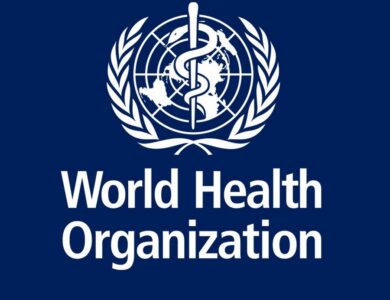Pakistan and Sweden Confirm First Cases of Mpox; European CDC Issues Risk Alert

Recent reports reveal that mpox cases have emerged in two non-African countries following the World Health Organization’s (WHO) declaration of the virus as a “public health emergency” earlier this week. A novel strain of the virus, clade 1, has been circulating in Africa since 2022, with the Democratic Republic of Congo (DRC) experiencing the largest outbreak recorded to date. As of June, tens of thousands have been affected, leading the DRC government to declare an epidemic in December 2022.
The Africa CDC reported that mpox is now present in at least 13 African nations, marking a 160% increase in cases and a 19% rise in deaths compared to last year.
International Spread and Response The virus has recently been detected outside Africa, with Pakistan confirming its first case on Friday; the infected individual had recently traveled from Saudi Arabia. Swedish health officials also reported their first case on Thursday, identifying it as the clade 1 strain, contracted in Africa. The European CDC has raised its risk alert level to “moderate,” urging vigilance among travelers from affected regions.
Virus Characteristics and Transmission Mpox, a member of the same virus family as smallpox, typically causes milder symptoms such as fever and body aches, but can lead to severe illness or death in some cases. The virus spreads through broken skin or respiratory routes, with close contact being the primary mode of transmission. It can also be spread via contaminated objects.
Symptoms and Risk Factors Common symptoms include flu-like signs and skin lesions, which may range from mild to severe. Those with weakened immune systems or untreated HIV, as well as children, are at higher risk for severe disease.
Treatment and Prevention Currently, there is no specific treatment for mpox, though some antiviral drugs are in development. Vaccination is available and has been effective in controlling outbreaks in some countries. However, vaccine access remains limited in poorer African nations. The Africa CDC has procured 280,000 doses through donations, but this supply is insufficient given the need for two doses per person.
Preventative Measures To protect against mpox, maintain good personal hygiene, avoid contact with sick individuals, and seek medical attention if symptoms arise. Vaccination is advised where available.
Future Outlook While resources in wealthier countries may help manage and contain the spread of mpox, the primary focus remains on controlling the epidemic in central Africa. Quick identification and response to new outbreaks are crucial to preventing further spread.








